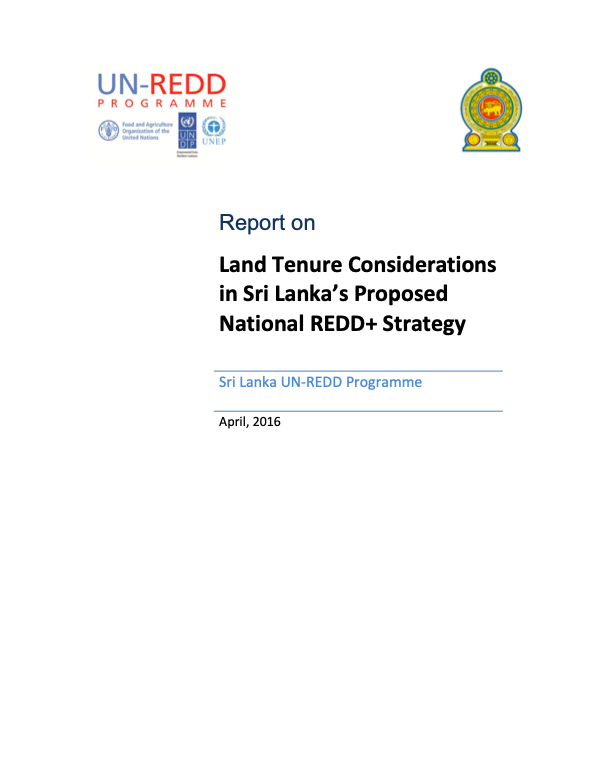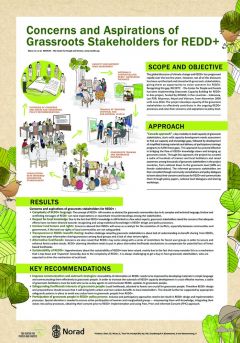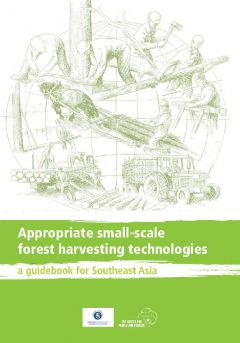Accord-cadre de coopération entre le Gouvernement de la République de Guinée et le Gouvernement de la République fédérale démocratique d'Ethiopie du 11 avril 2016.
Le présent Accord vise à mettre en place un cadre général et des directives pour la coopération bilatérale entre les deux Parties. Les Parties s'engagent à coopérer dans plusieurs secteurs, entre autre, agriculture; élevage ; foresterie; ‘énergie ; santé ; habitat et Aménagement du Territoire ; Pêche ; et environnement.







